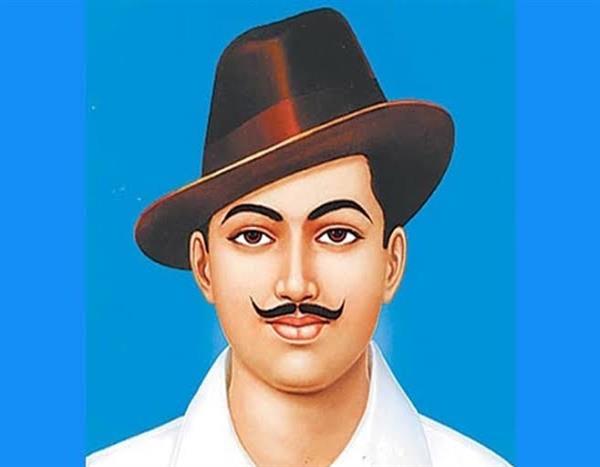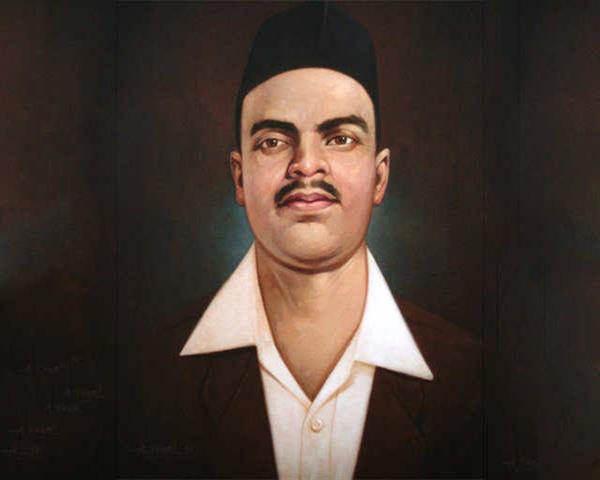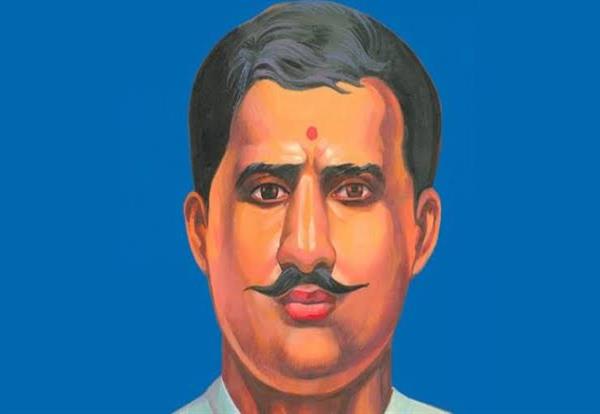Bhagat Singh, Rajguru, and Ram Prasad Bismil were prominent figures in India's struggle for independence from British rule. They were part of the Hindustan Socialist Republican Association (HSRA), a revolutionary group that was dedicated to achieving India's freedom through armed struggle. The three men had different ideologies, but they shared a common goal of liberating India from British rule.
Bhagat Singh was born in 1907 in Punjab and was influenced by socialist and Marxist ideologies.
He believed that the struggle for independence was not just a political one, but also a social and economic one. He believed that the Indian people were oppressed by both British imperialism and the feudal system, and he saw the struggle for independence as a way to bring about social and economic justice. Bhagat Singh was also a strong advocate of atheism and believed that religion was a tool used by the ruling classes to control the masses. He was a prolific writer and wrote many articles and essays on the struggle for independence and the need for social and economic reform.
Rajguru, whose real name was Harijivan Rao Gore, was born in 1908 in Maharashtra.
He was a follower of Bhagat Singh and shared his socialist and Marxist ideologies. Rajguru believed that armed struggle was the only way to achieve India's freedom from British rule. He saw the British as oppressors who were exploiting the Indian people and believed that violence was justified in the struggle for independence. Rajguru was also a skilled marksman and was responsible for assassinating a British police officer in 1929.
Ram Prasad Bismil was born in 1897 in Uttar Pradesh and was a poet and writer.
He was influenced by the writings of Bankim Chandra Chattopadhyay and believed that the struggle for independence was a religious one. He saw the British as invaders who had to be driven out of India, and he believed that the struggle for independence was a way to fulfill his religious duties. Bismil was also a strong advocate of Hindi as the national language of India and believed that it was important for Indians to have a common language.
In conclusion, Bhagat Singh, Rajguru, and Ram Prasad Bismil were three prominent figures in India's struggle for independence. They shared a common goal of liberating India from British rule, but they had different ideologies. Bhagat Singh believed in socialist and Marxist ideologies and saw the struggle for independence as a way to bring about social and economic justice. Rajguru believed in armed struggle and saw violence as justified in the struggle for independence. Ram Prasad Bismil believed that the struggle for independence was a religious one and saw the British as invaders who had to be driven out of India. Despite their different ideologies, they all made significant contributions to India's struggle for independence and are remembered as heroes who fought for their country's freedom.
Also Read:- How to be an effective Leader
Also Read:- Indian Languages and language technology